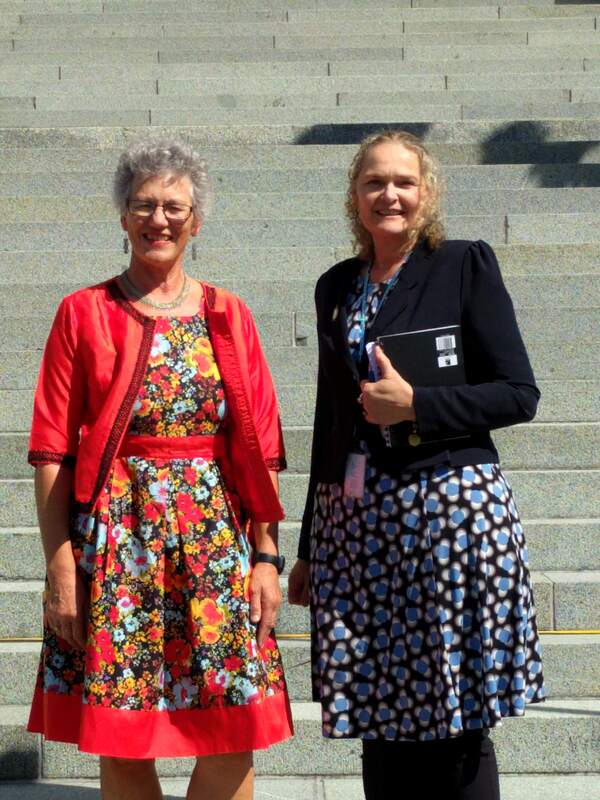| LIANZA is delighted the Equal Pay Amendment Act was passed by Parliament last week. The act introduces a simple and accessible process to address systemic sex-based pay discrimination across female-dominated industries and amends the Equal Pay Act (1972). Minister for Women Julie Anne Genter described it as one of the biggest gains for gender equity in the workplace since the Equal Pay Act passed almost 50 years ago In May 2019, Rachel Esson, LIANZA Immediate Past-President, and Moira Fraser, LIANZA Past-President, made an oral submission representing LIANZA to the select committee, supporting LIANZA’s written submission on the Equal Pay Amendment Bill. You can read more here > The Equal Pay Amendment Bill was triggered by a claim that went to the Supreme Court in 2014, started by Kristine Bartlett, who argued that aged-care workers were underpaid because they were mostly women. |
MBIE. (2020). A just and practical pay equity framework. Retrieved from MBIE >
NZ Library Association was also involved in a pay equity claim in the mid-1970’s. The PSA set up several committees to discuss whether public service occupations might be able to take a claim under the new Equal Pay Act (1972). Librarians were one group that established a committee. By that time the majority of librarians were women, and the profession had a problem over its relatively low salaries because Australian libraries were recruiting in New Zealand Trevor Mowbray recalls being involved on the library committee that compared the skills of librarians to those of male dominated professions. The claim was submitted to the Public Service Tribunal, which granted a salary increase for librarians.
You can read more about this historical pay equity claim and the recent update on the progress of a pay equity claim for school librarians being negotiated by Ministry of Education and NZEI in Library Life June 2020.



 RSS Feed
RSS Feed